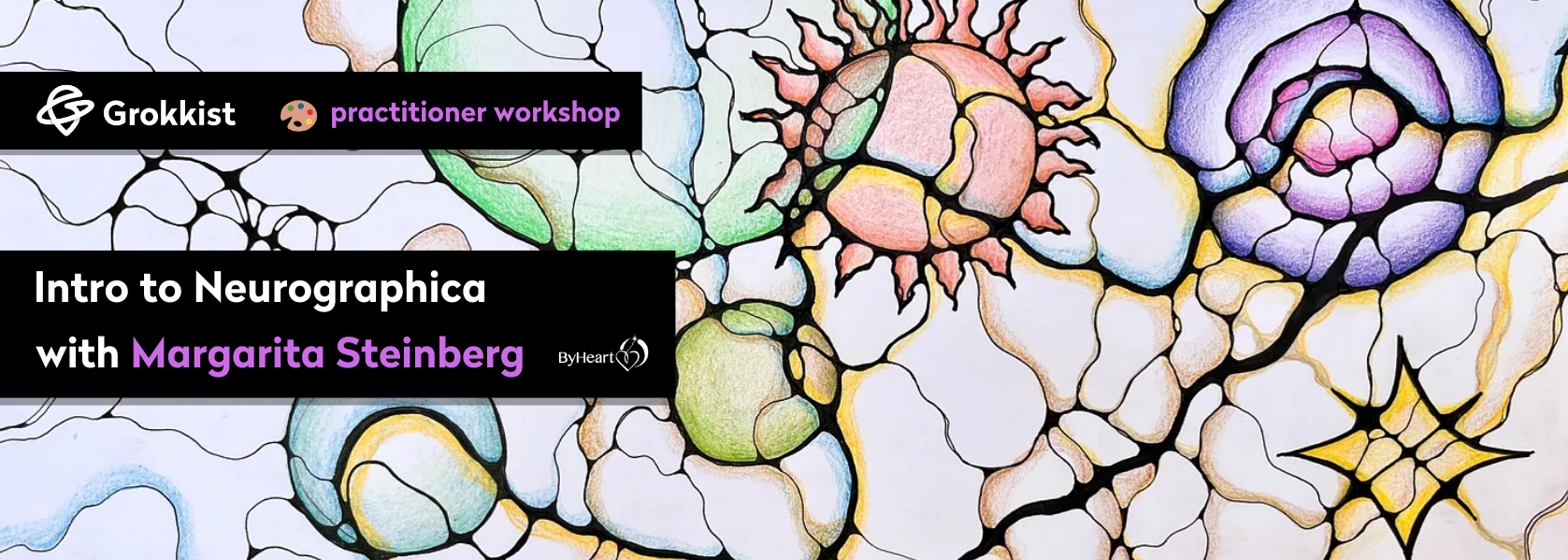Table of Contents
Over a lifetime, many pieces of advice will come your way. Some of the advice may even come in response to you asking for it.
Family gatherings are notorious for the opportunities they provide to be exposed to advice from a well-meaning aunt - and that’s just the tip of the iceberg.
The phrasing will range from openly instructional ‘I think you should do X’ to perhaps more subtle wording.
People care to get involved - and that’s a beautiful thing.
But…
Remember that moment when the advice you got offered left you fuming?
Or maybe berating yourself afterwards because you couldn’t, in the moment, find a way to bat away the advice, protect your dignity and yet not offend the advice-giver?
Why does it get so complicated?
The pleasure of giving advice
First, let’s call a spade a spade: giving advice can be pleasurable.
When you’re the one giving advice, it places you - at least while you’re speaking - in the position of someone who has something valuable to give.
You have advice worth sharing. Your opinion matters.
This pleasure, however, is a delicate, potentially fleeting thing.
If the person on the receiving end should fail to receive the gift of your wisdom gracefully, if they should fail to express sufficient gratitude and appreciation, the end result could leave you feeling deflated.
Who would care to bestow their wisdom only to be discounted?
That’s how some people learn that giving advice can be a precarious endeavour. On the whole, however, it hasn’t put most people off. And maybe that’s a blessing. Sharing intel and intelligence truly is a valuable part of living in society, connecting with and assisting fellow humans. It shows that you care.
Now, let’s take a look at what it’s like to receive advice.
Need to refuse ill-fitting advice?
Every so often, you’ll receive a suggestion that will feel spot-on, just the ticket, the thing that provides the missing link: a total gift.
It will feel natural and easy to express how warmly you cherish the gift of this person’s input.
And then there are times when…
A favourite bugbear of mine is advice that wasn’t asked for. For every 3,000 times it misses what I actually need, there’s the occasional hit. And that’s even true for advice coming from people who are experts in their field - just perhaps not expert in what I need to hear at that point.
How do you deal with advice that isn’t feeling helpful?
How do you reconcile a dual task that applies in all social situations: to shield the source of advice from the disappointment of their effort going unacknowledged, and yet to avoid faking what you do not feel?
How do you deflect the advice without rejecting the person?
My favourite tip comes from the world of film directing. When feature-film director Mark W. Travis got asked for his tips on what to say to an actor after a take, the gist of his suggestion was: Thank them for their effort.
The thinking behind this tip is to recognise and even assume that the person offering advice (like an actor performing a scene) are doing the best they can in that moment.
A client once asked me for an example of specific wording for how to thank for advice without implying any commitment to follow it. My suggestion was: ‘I appreciate that you care, thank you.’
I’ll be the first to admit that this will not satisfy all comers. Some people enjoy giving advice so much that they may continue to insist, wanting to know (but maybe not wanting to know) if you’re going to follow their advice.
My second line of defence is to say ‘I will give what you said some thought.’
Once someone starts to insist on your taking their advice, the crucial thing becomes to safeguard your right to think and choose for yourself: your sovereignty, your self-determination.
This matters for your own peace of mind, as well as for the quality of present and future interactions with that person. If you surrender too much of your sovereign ground, you’re likely to start feeling uneasy around the advice-giver.
Defending your boundaries can be seen as protecting both you and them, steering the relationship onto safer ground.
If the person ever chose to follow up on whether you enacted their advice, there’s the option to say ‘I decided it wasn’t right for me.’
The need to forgive yourself
Over the recent festive season, I was offered several bits of advice that I hadn’t sought.
I wish I could say that I handled all those occasions with aplomb.
It’s reflecting on those moments when my skills and poise glitched that got me thinking about writing this piece. We all have room to grow.
And we all have moments when we’re preoccupied, when the best of our intelligence is engaged elsewhere.
How to continue to trust yourself, safe in the knowledge that your chances of maintaining Olympian levels of skill at all times are approximately nil?
That’s when we each need the grace to forgive ourselves.
What’s your biggest struggle with advice?
Or, what’s one tip that’s worked for you?
Interested to add to your toolkit for maintaining inner poise?
Have you ever wished for a way to shift how you feel - right in the moment - without needing a breakthrough or a big solution? Neurographica offers a uniquely powerful tool for transforming your emotional state and gaining clarity through the simple act of drawing.

I’m running an introductory workshop on using Neurographica - a transformative method that integrates psychology, creativity and mindfulness, inviting you to explore the deep, wordless parts of yourself and reimagine your world from within.
I wrote about my journey with NeuroGraphica in an earlier post:
NeuroGraphica: A way to re-make your world
What’s the format?
📆 Tuesday 28th January, 6:30 pm - 8:30 pm (UK time)
👤 Hosted by the Grokkist community (I’m a member) and facilitated by me
💬 Interactive workshop (we'll be drawing together - I'll have my drawing on-screen)
⏳ 2 hours
🟠 Open to all with a suggested cover charge.
Full workshop details on the Grokkist website:
Intro to NeuroGraphica: Transform Your Inner Landscape
Intrigued but have questions?
- Drop me a line over email
- or click ‘Message’ button below (only available if you’re subscribed to my Newsletter on Substack).
Not sure what comes next?
Sometimes the first step is just saying this matters.
A Nesting Call is a gentle conversation to meet you where you are — no fixing, no rushing, just deep listening and space to notice what wants to unfold.










Comments